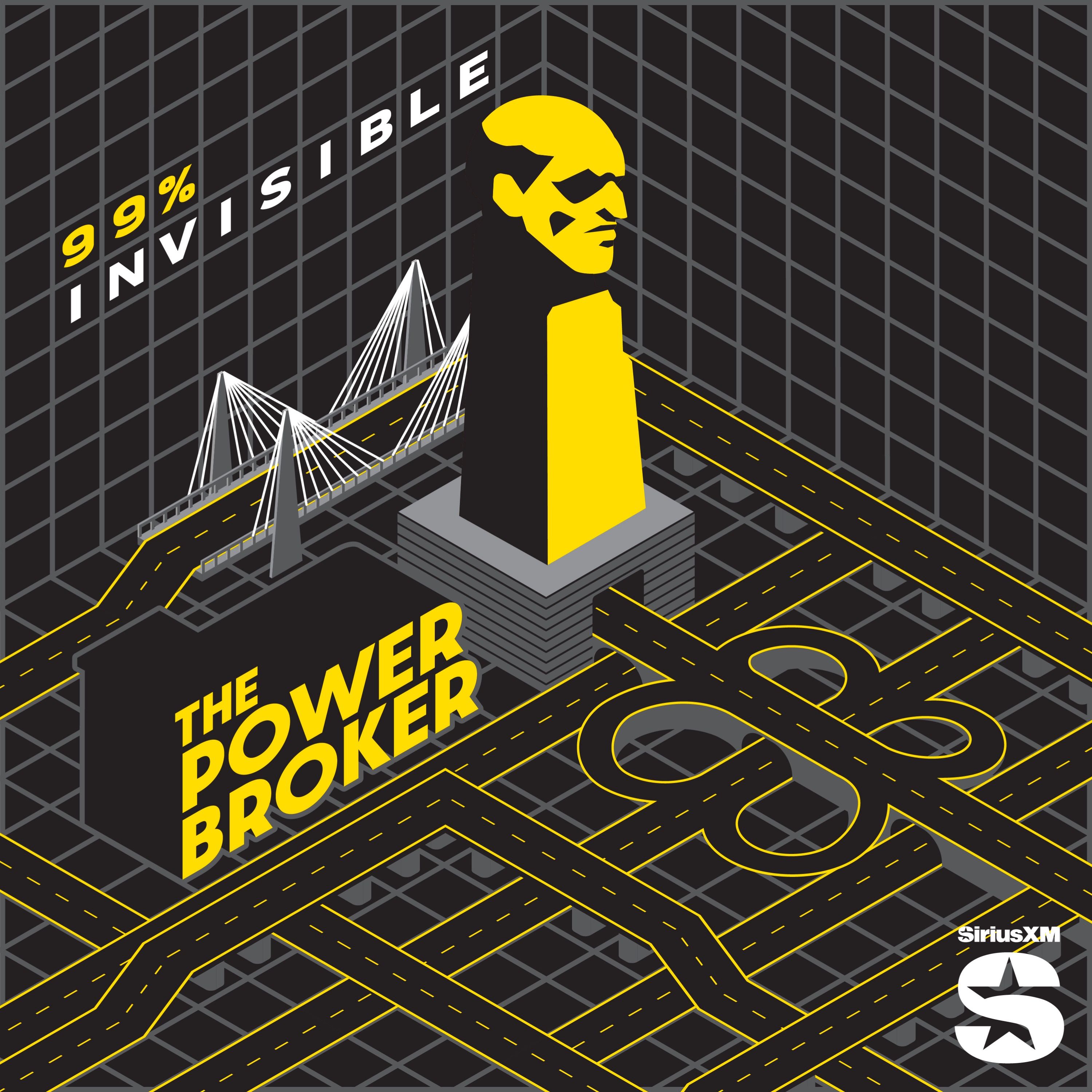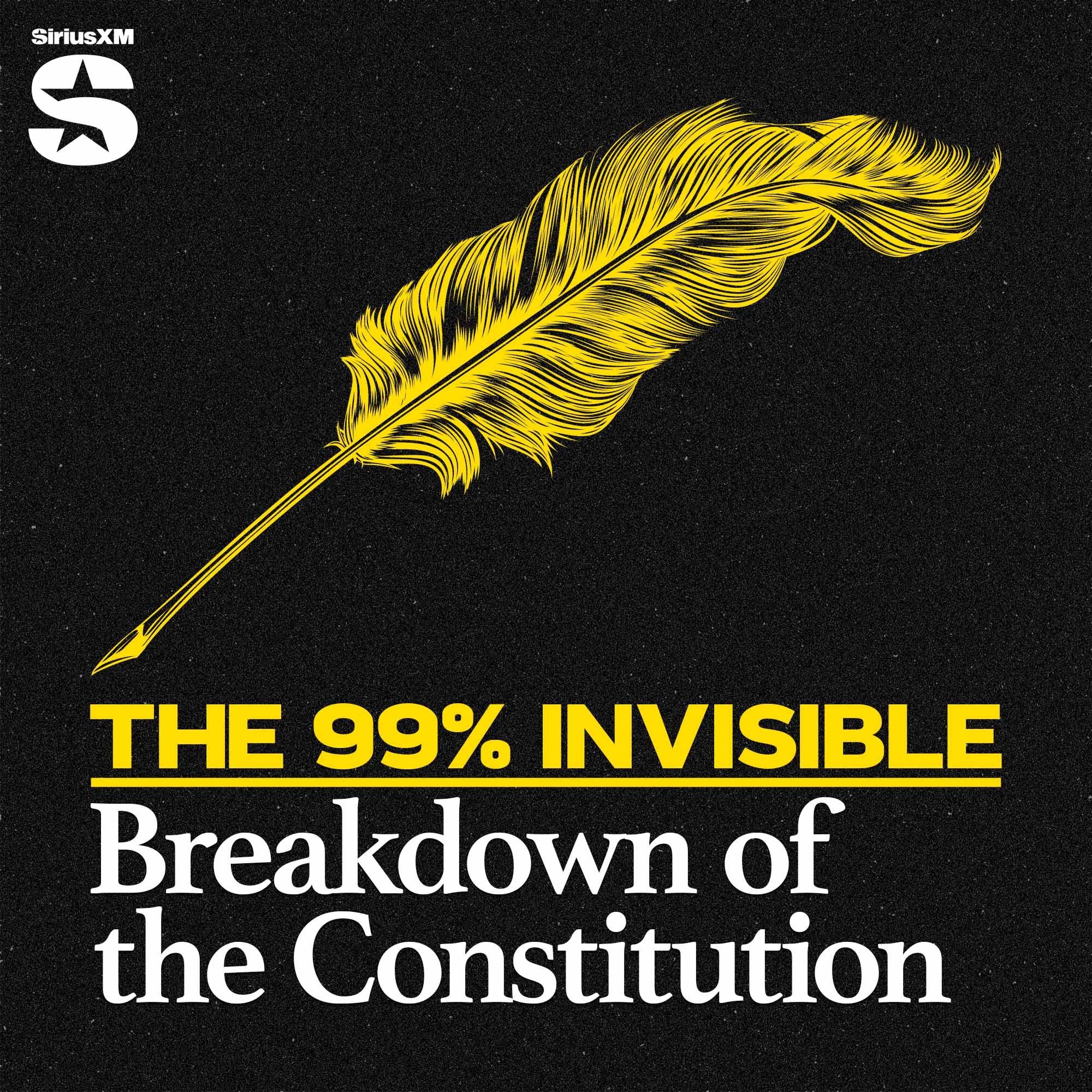The Power Broker #13: Drop Dead City
Like a shadow epilogue to The Power Broker, this story plunges into the chaos of 1970s New York where debt, unions, and one brutal headline nearly broke the city.
Press play and read along
Transcript
Transcript is processing—check back soon.
99% Invisible — The Power Broker #13: Drop Dead City


